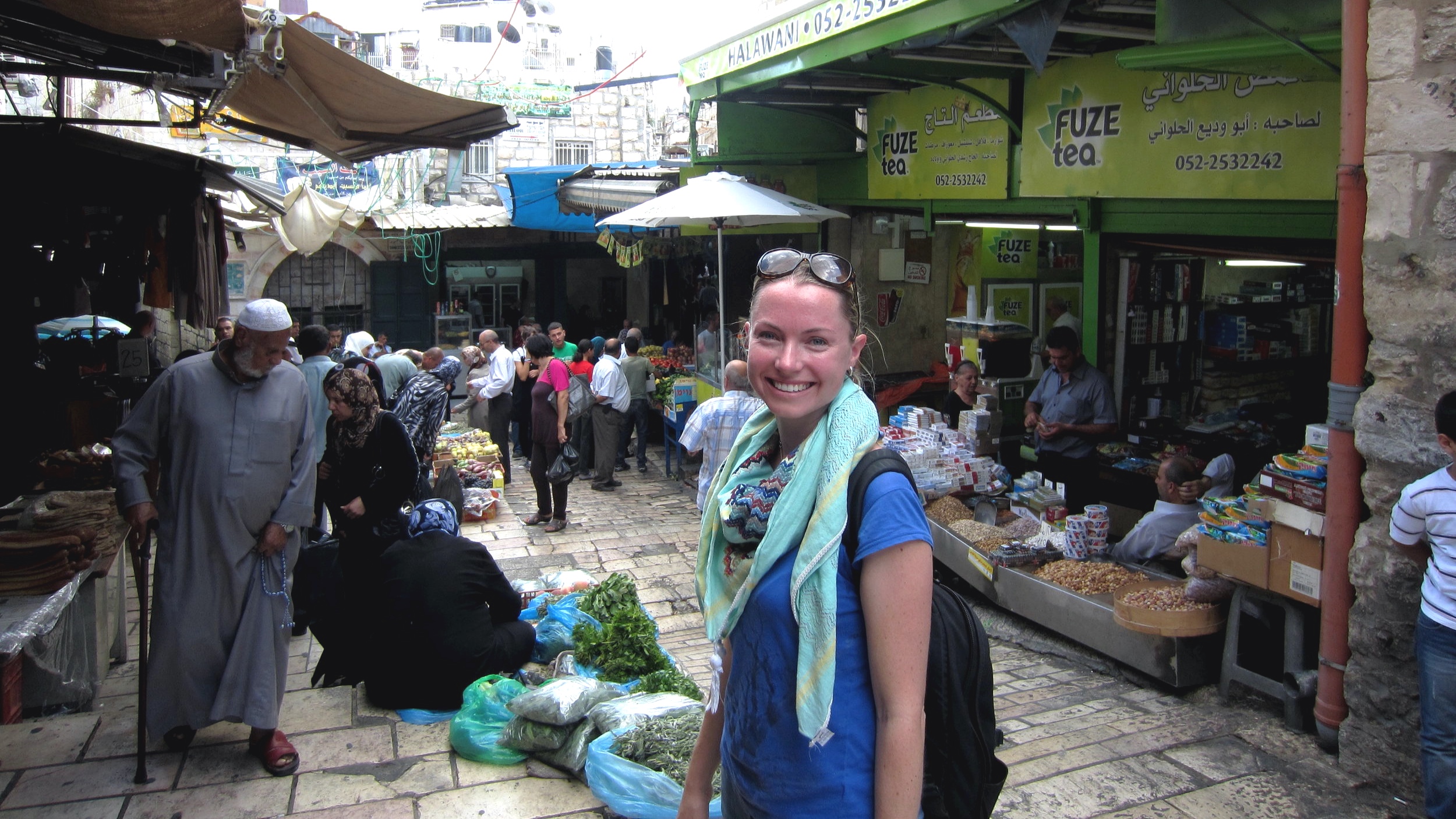When you search ‘regret’ online, it’s usually defined as a feeling about something you did. But my biggest fear is regretting something I didn’t do. A risk I didn’t take. An opportunity I let slip by. A life that could have been, evaporated into never knowing. Living every day with the question, “What if?”
It was the risk of looking at myself in the mirror as an 80-year-old and asking myself that question, that drove me to make the single most significant choice of my life so far. It’s the reason why, in my early 30s, I packed up my lovely beachside apartment in Sydney, quit a job I’d loved in politics, left my life in boxes in my parents’ basement (yes, Mum and Dad, I’ll clear them out eventually, I promise) and moved to Jerusalem.
And I never looked back. Since then I’ve lived in Palestine, Pakistan, Brussels, Nepal and Myanmar, and worked for the United Nations, Doctors Without Borders and an Australian charity. Was it easy? No. Was it scary? Sure. But I haven’t regretted it for a second. An old friend messaged me this week on Facebook to say hello. “How are you? Living the dream?” she asked. I’m so thankful that I can say without a shadow of a doubt: yes, I am.
So if you’re also considering a drastic career change in your late 20s or 30s, I say, try it! Here are my top three takeaways from my own experience.
1. Everything starts with that first step of blind faith
You can’t possibly know what’ll unfold after that initial uncertain step away from your safety nets. You can’t plan for everything that’s ahead. But looking back now, seven years into this journey, I can see clearly how the first step led to the next, and the next, through to where I am now, working for UNICEF at the United Nations headquarters in New York.
I had to take that first step, for the rest to be possible.
2. Life gives back what you put into it
This is one of my greatest life lessons so far. In each new city, and new job, I’ve made a huge effort to build new professional and personal networks, explore and make the absolute best of the situation. I’ve networked, joined sporting or hiking or running groups, turned up to parties on my own, asked people I barely know if they want to have a coffee or grab a drink. It can be tiring at times, and you’ll have many Groundhog Day moments where you join yet another conversation with strangers and introduce yourself all over again.
But the effort is returned ten-fold. It opens opportunities, friendships and experiences.

Working on the earthquake response in Nepal in 2015, I’d organise day hikes for friends and colleagues working for different UN agencies or NGOs
3. You’re still young, even in your early 30s
There’s time to start over. Don’t be distracted by what other people your age are doing. They’re on their own paths. Ask yourself: What drives you? What do you want to contribute to the world? Also, what’s the worst that could possibly happen? Back in 2012, as I was driving to the airport with my parents, on my way to Jerusalem to see if I could make my own career change into humanitarian or development work, Dad said, “Well, if it doesn’t work out, you can always come home.” I remember thinking, “No way, I’m going to make this work!” But he was right. That was the worst case scenario: having to fly back to Sydney and find a job while I reconsidered my options.
Clearly this type of a gamble isn’t for everyone. Not everyone is comfortable with that much change. And some people have family or other responsibilities which mean they simply can’t move to the other side of the world. I’m also conscious this is only a choice available to those privileged enough to have had an education and certain career opportunities, which many others will never have.
But if you’re in a position to actively consider it, don’t let the time tick by; figure out your first step and make the leap. It’ll take sacrifice and there’ll be days when you wonder what the hell you’re doing, but the path that unfolds could make it all worthwhile. And you’ll never have to look yourself in the mirror and ask, “What if?”


